The bold move made by adtech business AdFin to drive transparency in programmatic media trading has come to an abrupt end with the announced closure of their business last week. AdFin’s promise was to centralise programmatic data across the supply chain, down to the granular log-level of individual transactions, and provide aggregated reports and benchmarks of programmatic spend and transaction fees. More recently they shifted to a reseller model to supply their solution to several brands by way of various consultancies.
Two years ago we partnered with AdFin – as well as the USA’s Association of National Advertisers and the Association of Canadian advertisers – to produce the most in-depth study into transparency in programmatic. The study analysed hundreds of completed campaigns and billions of impressions.[1] Coming out of this research, we outlined an 11-step playbook for advertisers to help brands enhance accountability and transparency in programmatic media trading, which remain highly relevant today and which you can download here.
The study also produced broader lessons about achieving transparency in programmatic.
Firstly, we learned how challenging it is to trace transactions across the supply chain, particularly given the widespread use of non-disclosed programmatic buying agreements.
Secondly, we also learned the logistical, technical, and financial challenges associated with storing vast amounts of log-level data. Programmatic ad impressions can generate more than 100 data points each, so a comparatively modest campaign with ten million impressions could generate as many as a billion individual data points. This is clearly costly to run and not necessarily required to identify key issues and performance opportunities. Many of the same insights generated by log-level analysis can more easily be extracted using readily available APIs or standard data exports.
Since the study, we’ve also demonstrated that advertisers need to take a holistic approach to solving the common issues in programmatic. The challenge with a log-level approach is it starts with the data, rather than with insights or hypotheses. Instead of starting with granular data, it’s much better for advertisers to first focus on business outcomes, such as return on investment. This is even more powerful when complemented by analysis and benchmarking of buying KPIs that will enhance performance. And from there, brands can delve deeper into their programmatic tech stack to uncover further inefficiencies.
As with any complex problem, the solution requires a broad approach, and inevitably stretches across legal, process, and technical disciplines. Furthermore, progress is limited if part of the solution doesn’t involve aligning partners to the desired outcomes and KPIs.
Through hundreds of digital assignments, and by analysing over €3 billion in digital spend, we have learned that while disclosure and transparency can help advertisers to achieve greater control, in and of themselves they don’t guarantee that programmatic media buying will deliver better results.
Ultimately, getting programmatic right requires a 360-degree approach, including monitoring, measurement, benchmarking, contractual transparency and analysis of data, tech, processes, capabilities, and overall governance. That’s why at Ebiquity we’ve built an end-to-end offering that addresses all these issues holistically, with a sole focus on creating clarity for our clients across every facet of programmatic.
To drive meaningful insights, our offering is backed by the most robust digital performance benchmarks on the market. This is powered by our proprietary tool EbiquitySyncTM and complemented by a wealth of digital marketing expertise, which covers programmatic trading and technology, data, contracts, measurement, and analytics.
Improving the performance of digital spend is critical in today’s complex and messy ecosystem. Ultimately – as the market has shown – it takes a comprehensive approach, focused on insights and analysis, that’s closely connected to business objectives.
If you’d like to speak to us about your programmatic or broader digital spend, don’t hesitate to get in touch today.
The article was featured in AdExchanger.

